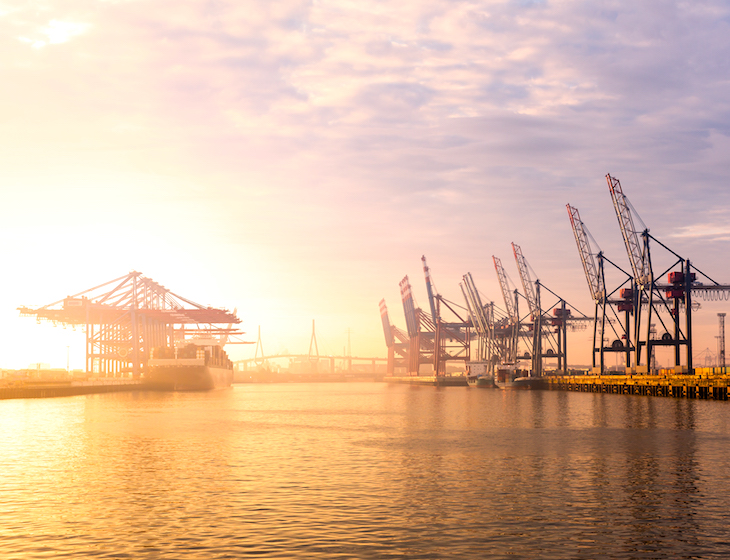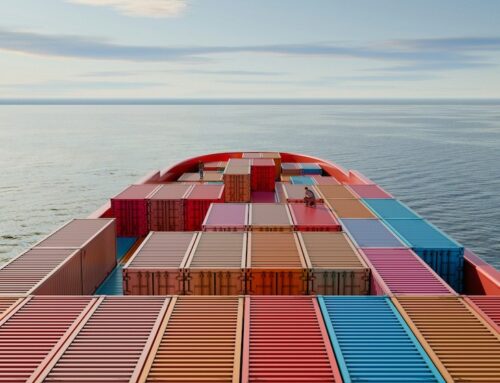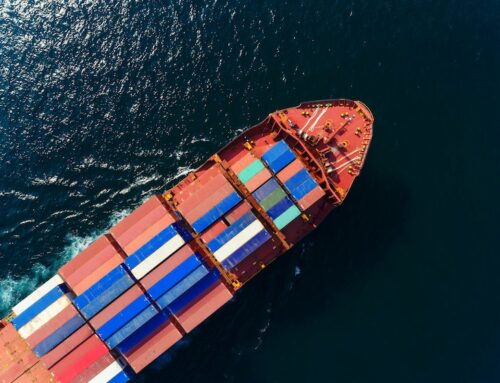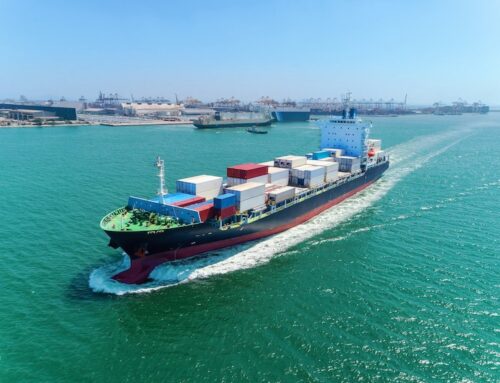Delays to Sea Freight services remain acute with China’s power cut policy further threatening supply chains. UK Hauliers warn that new measures are ‘too little, too late’ to provide a solution to the current driver shortage crisis. Here is a summary of this week’s main industry news.
Golden Week Closures: 1st – 7th October
A reminder to customers that the Golden Week holiday starts today. Offices and factories in China will be shut; ports and customs services will operate on reduced hours. The combination of heightened Christmas demand with Golden Week closures will cause additional congestion and capacity challenges for moving goods out of China. The shutdowns will also impact Air Freight services from China, reducing available space. The reduction in air freight capacity will increase rates further, at a time when they are already extremely high.
Power Cut Policy in China Could Exacerbate Delays
China is experiencing power cuts because of coal shortages and the tightening of emissions standards. The government has begun to restrict electricity supply in at least 20 provinces and companies in major manufacturing areas have been called on to reduce energy usage during periods of peak demand or limit the number of days that they operate. Some factories have been temporarily shut or may only be open for production from 2 to 4 days in a week. These outages may disrupt the production of goods in China, exacerbating delays in receiving shipments at the ports, especially during winter months towards the end of the year. As some of our customers may be affected by the power cut policy, we would kindly ask you to check the status of product production with your suppliers. We will keep customers updated with further news at the earliest opportunity.
Sea Freight Delays Remain Acute
We have been updating customers regularly about the significant challenges experienced in the sea freight market. The current considerable delays remain acute with all areas of the supply chain affected, from disruption at sea ports across Asia and the Indian Subcontinent, along with congestion at EU, UK and US ports. The level of disruption caused by the misplacement of empty equipment along with very congested ports and reduced productivity resulting from ongoing Covid-19 outbreaks means that it is unlikely there will be any improvement to schedule reliability this year.
Carriers are experiencing delays of up to six weeks across Asia and the Indian Sub-Continent. Congestion at EU and US ports is worsening, caused by surging imports and productivity challenges from shortages of labour resulting from public health measures and a lack of staff in sectors such as road transport. Waiting times of up to 10 days remain for vessels coming into the key hub ports, Hamburg, Rotterdam and Antwerp. It has been reported that port congestion is so acute in the US that there are at least 70 vessels waiting outside the ports of Los Angeles and Long Beach ports.
In the UK, the port of Felixstowe is experiencing congestion with increasing numbers of ships waiting to berth. This congestion is leading to changes to port rotation with vessels being redirected to other European ports before returning to Felixstowe. When vessels do arrive at the port, they are remaining in port for longer and we are experiencing slower discharge times which is having a knock-on effect on delivery times after arrival.
Hauliers Warn New Measures are ‘Too Little, Too Late’
The major problems with the distribution of goods in the UK due to driver shortages has been widely reported in mainstream media. This last week has seen news that the Government is to offer 5,000 foreign lorry drivers visas for three-month contracts in an attempt to overcome the recent fuel delivery issues and the sizable problem that has developed in transport supply chains. However, hauliers have warned that the package of measures trying to solve the crisis are ‘too little, too late’ to provide a solution to the current driver shortage crisis ahead of Christmas.








